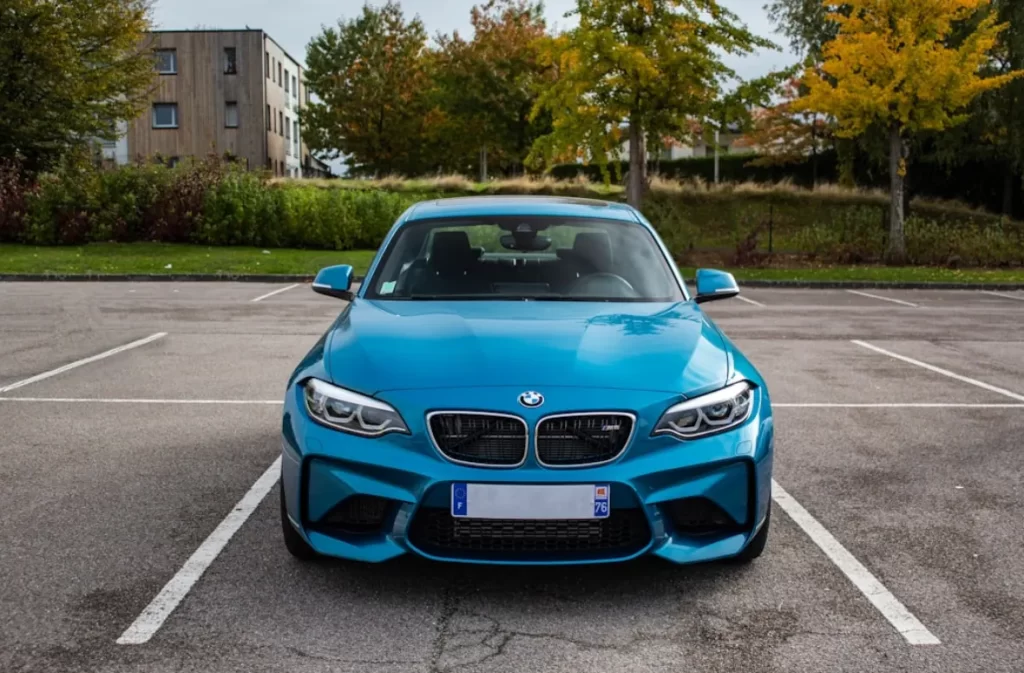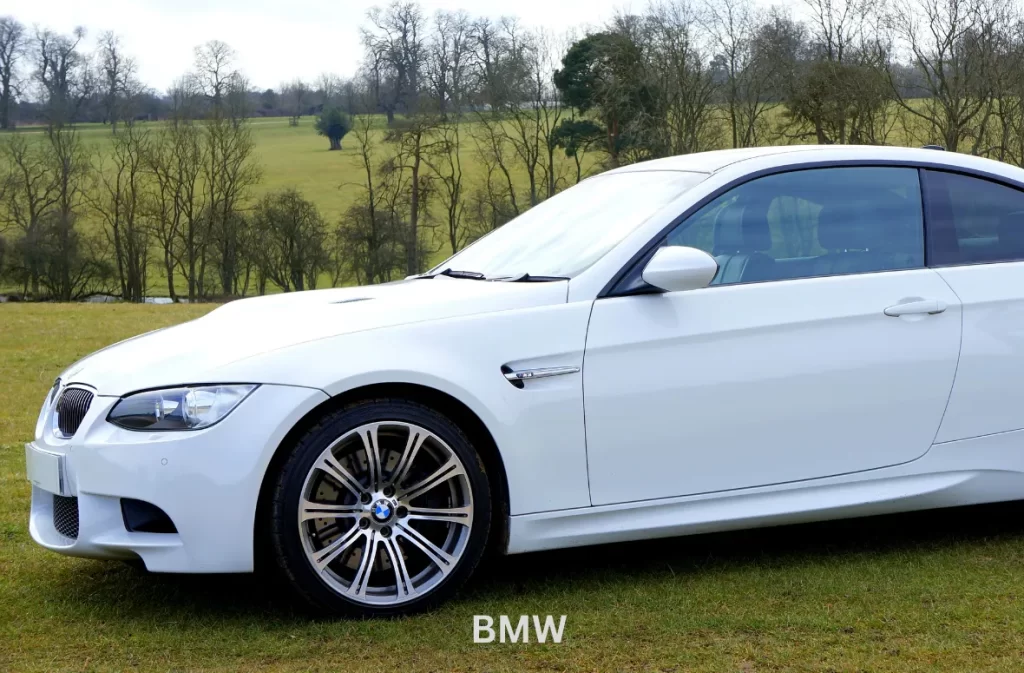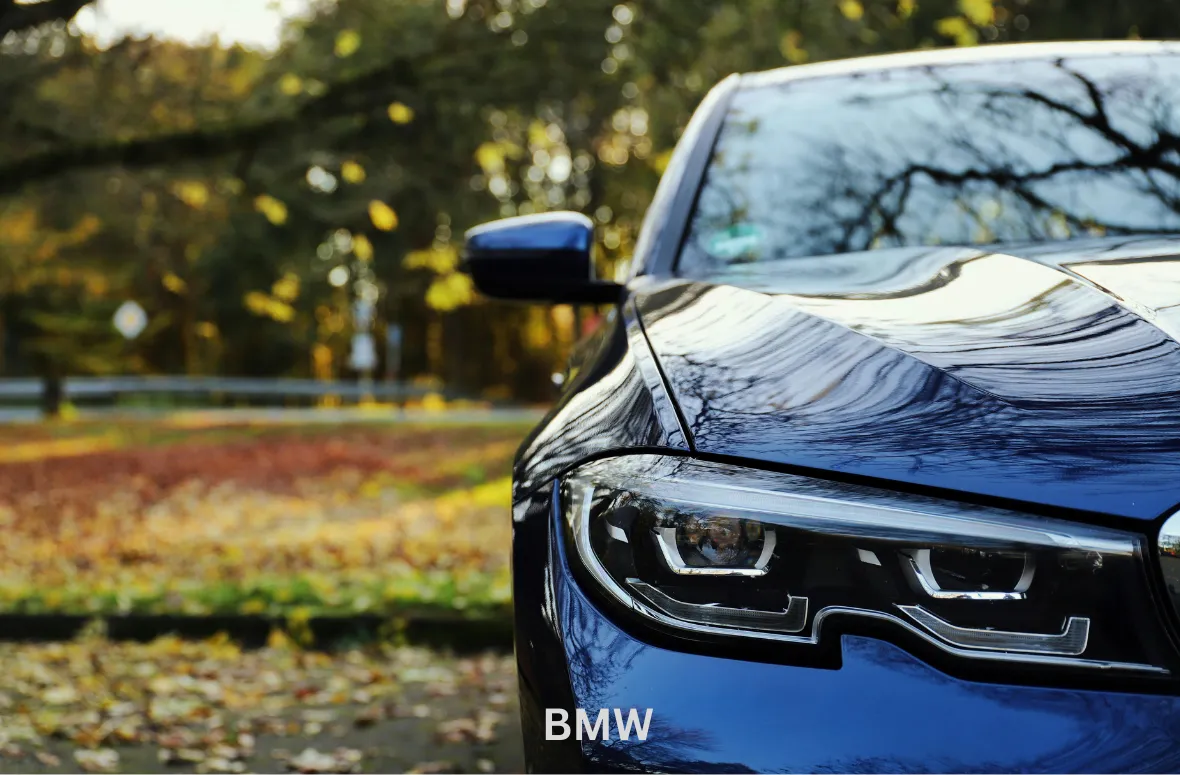Table of Contents
What Does BMW Stand For?
BMW is a name synonymous with luxury, performance, and precision engineering. But what exactly does BMW stand for? BMW means Bayerische Motoren Werke. In English, that translates to Bavarian Motor Works. The name shows the company’s Bavarian roots. This region in southern Germany is famous for its engineering excellence.
The Full Form of the BMW
BMW stands for Bayerische Motoren Werke, which means Bavarian Motor Works. This name highlights the company’s strong ties to Bavaria, a region in Germany. It symbolizes BMW’s commitment to quality and precision, not just a location.
The Origin of BMW’s Name
BMW’s journey began in 1916 under Rapp Motorenwerke, a company focused on aircraft engine manufacturing. In 1917, after founder Karl Rapp’s departure, the company was renamed Bayerische Motoren Werke.
This change was crucial. It not only reinforced BMW’s Bavarian roots but also shifted the company’s focus. No longer just about aircraft engines, BMW began exploring other motorized transportation.
This marked the start of a journey to becoming a leading name in the automotive industry. Over the decades, BMW transformed. From making aircraft engines, it grew into a luxury car brand known worldwide.
History and Evolution of BMW

BMW’s history is rich with innovation, challenges, and triumphs. From its start as an aircraft engine maker, BMW became a symbol of luxury and performance. Its journey reflects a relentless pursuit of excellence.
The Birth of BMW: 1916 to 1930s
BMW’s roots trace back to Rapp Motorenwerke, founded in 1913. The company initially focused on aircraft engines. After World War I, the Treaty of Versailles restricted German companies.
It banned them from making aircraft engines. In response, the company shifted its focus to manufacturing railway brakes and motors. The 1920s also saw BMW venturing into motorcycle production, with the release of the BMW R 32 in 1923 and its first car, the BMW 303, in 1933.
How BMW Became a Luxury Car Brand
BMW’s reputation as a luxury car brand wasn’t built overnight. After surviving the turmoil of two world wars, BMW redefined its identity in the post-war era. The company shifted its focus to sporty, high-performance cars.
These vehicles embodied the spirit of German engineering. In the 1960s, BMW introduced several models that car enthusiasts loved. This success marked the start of its evolution into a high-end automobile brand.Innovations and Milestones in BMW History.
Also Read: What Does BMW Stand for? The BMW Name and Its Significance
BMW’s innovation is evident in its milestone models. The BMW 328, introduced in 1936, became famous for its performance and beauty, marking a pivotal moment in BMW’s history. The BMW M Series began in the 1970s.
It marked BMW’s bold move into high-performance cars, enhancing its reputation for speed and precision. Recently, BMW has embraced the future with its i Series. This line focuses on electric vehicles, including the BMW i3 and i8. These models showcase BMW’s commitment to sustainability and cutting-edge technology. They also highlight the company’s environmental initiatives.
Key BMW Models and Series
BMW has made many iconic models over the decades. They range from sports cars to luxury sedans. Each model caters to different customer needs. Yet, they all maintain the brand’s core values of performance, luxury, and engineering excellence.
The BMW 3 Series: A Symbol of Performance
The BMW 3 Series is now one of the world’s most popular cars. It is known for its great driving, elegance, and high-tech features. First introduced in 1975, the 3 Series epitomizes what BMW stands for: agility, performance, and luxury. It has introduced, with each generation, cutting-edge tech, advanced safety, and top-tier engineering.
BMW X Series: SUVs with Performance at Their Core
BMW’s X Series features performance-driven SUVs. They combine SUV practicality with BMW’s high-performance engineering. The lineup ranges from the compact X1 to the larger X5 and the luxurious X7.
Each model offers versatility without sacrificing performance. These SUVs deliver an excellent driving experience. They attract customers seeking luxury and dynamic driving. Each X Series model targets a specific driver. Whether you need a compact SUV for city driving or a spacious one for family trips, BMW has an X Series model for you.
The BMW M Series: Engineering Excellence and Speed
The BMW M Series represents the pinnacle of BMW’s performance cars. M models are famous for their speed and agility.
They feature cutting-edge technology. These cars are designed for an exhilarating driving experience. The iconic BMW M3 and the aggressive M5 are prime examples. Both showcase BMW’s commitment to engineering excellence.
The BMW i Series: A Glimpse into the Future with Electric Vehicles
BMW is known for its traditional high-performance vehicles and its commitment to sustainability. The BMW i Series, which includes the BMW i3 and BMW i8, marks the company’s foray into electric and hybrid vehicles. These models offer eco-friendly alternatives that don’t sacrifice performance or luxury.
BMW’s Technological Innovations

BMW leads in automotive technology. It adds innovative features for safety, comfort, and performance. This focus on advancement will impress the audience. They will learn about BMW’s contributions to the industry.
Advanced Driving Technology: From iDrive to Autonomous Features
BMW’s iDrive system changed in-car technology. It offers an easy way to control many vehicle functions. Over the years, BMW has kept innovating. They added semi-autonomous driving and advanced driver-assistance systems (ADAS).. These technologies work in tandem to make driving more intuitive and safer.
Efficient Dynamics: BMW’s Approach to Fuel Efficiency and Sustainability
BMW’s EfficientDynamics program boosts fuel efficiency and cuts emissions. It uses lightweight materials and aerodynamic designs. Hybrid technologies also play a key role. These innovations support the company’s sustainability goals. The BMW i Series is a key component of this initiative, with fully electric models that offer zero-emissions driving.
The Role of BMW’s ConnectedDrive System
BMW’s Connected Drive system offers many digital features. It improves driving with navigation, remote monitoring, and a high-tech infotainment system. Connected Drive makes driving more convenient and connected. This system is constantly evolving, adding more features as technology progresses.
Why BMW is Known for Luxury and Performance
BMW’s luxury brand status comes from years of top performance, careful engineering, and a strong commitment to quality. This commitment to quality is sure to reassure the audience and instill confidence in the BMW brand.
The Ultimate Driving Machine: What Makes BMW Unique?
The slogan “The Ultimate Driving Machine” perfectly encapsulates what BMW represents. BMW vehicles aim to provide an unmatched driving experience. They are known for their precise handling, high performance, and luxury features. The company has managed to merge performance with comfort, creating cars that appeal to those who want the best of both worlds.
BMW’s Engineering Philosophy: Precision and Perfection
BMW’s engineering philosophy revolves around precision, innovation, and craftsmanship. The brand is famous for its attention to detail. Each model shows the company’s commitment to top performance. BMW’s engineers ensure every part, from the engine to the suspension, adds to a smooth, responsive, and exciting drive..
Comparing BMW to Other Luxury Brands
BMW competes with luxury carmakers like Mercedes-Benz, Audi, and Lexus. But, it stands out for its focus on driving and performance. While other brands may emphasize comfort or luxury features, BMW has carved a niche by delivering cars that are as enjoyable to drive as they are to own.
BMW Ownership: What You Need to Know
Owning a BMW is a unique experience, but it comes with its considerations. From maintenance costs to the driving experience, here’s what potential BMW owners should know.
How Reliable Are BMW Cars?
BMW is known for producing reliable vehicles, but like any luxury brand, maintenance and repair costs can be higher than average. Regular maintenance is key to keeping a BMW running smoothly, and many owners find that investing in proper care pays off in the long run.
The BMW Driving Experience: Comfort, Power, and Handling
One of the biggest draws of owning a BMW is the driving experience. The company’s cars are engineered to offer a balanced combination of power, comfort, and handling. Whether navigating city streets or taking a long road trip, BMW vehicles provide a smooth, engaging drive.
Common Issues and Maintenance Tips for BMW Owners
BMWs are usually reliable, but they have some common problems. These include electrical issues, cooling system failures, and suspension wear. Regular check-ups and using high-quality parts can help minimize these problems. Staying on top of oil changes, tire rotations, and brake inspections is also essential.
The Future of BMW: What’s Next for the Brand?

BMW keeps evolving. It adapts to changing market demands and new technologies that will shape the future of car engineering.
BMW’s Vision for Electric and Autonomous Vehicles
BMW has set ambitious goals for the future, with plans to expand its range of electric and autonomous vehicles. The company is committed to producing more eco-friendly cars and reducing its carbon footprint. BMW is using new battery tech and driver-assistance systems. They aim for a future of safer, more sustainable driving.
Will BMW Continue to Lead the Performance Car Market?
BMW has been a leader in the high-performance car market for decades and shows no signs of slowing down. As BMW develops the M Series and electric performance cars, it is well-positioned to stay at the top of the performance car industry.
BMW’s Commitment to Sustainability
Sustainability is at the heart of BMW’s future strategy. The company aims to reduce emissions throughout its fleet and use sustainable materials in vehicle production. This commitment to sustainability shines in the BMW I Series. It offers eco-friendly driving while maintaining performance and luxury.
Frequently Asked Questions (FAQs) About BMW
Is BMW a Reliable Car Brand?
Yes, BMW is generally considered a reliable car brand. However, regular maintenance ensures the car remains in top condition, like all luxury vehicles. Reliability can vary depending on the model and year.
How Long Does a BMW Last?
A well-maintained BMW can last 150,000 to 200,000 miles or more. Proper care, regular service, and timely repairs can extend the lifespan well beyond the average.
What Are the Most Affordable BMW Models?
While BMW is known for its luxury vehicles, several more affordable options exist. Models like the BMW 2 Series and BMW X1 offer luxury at a more accessible price point.

